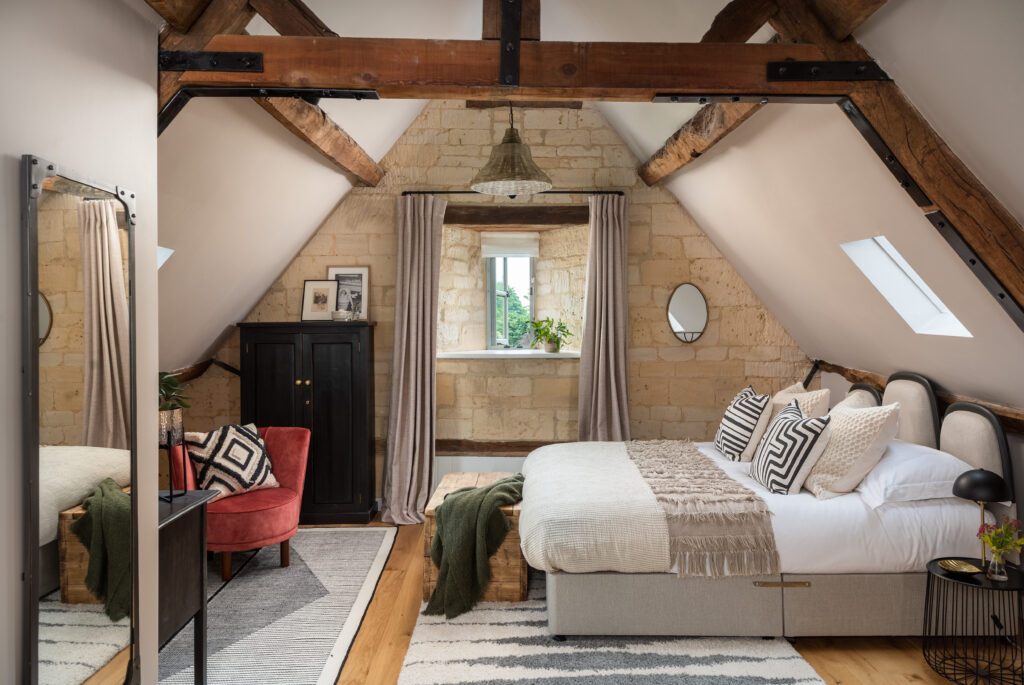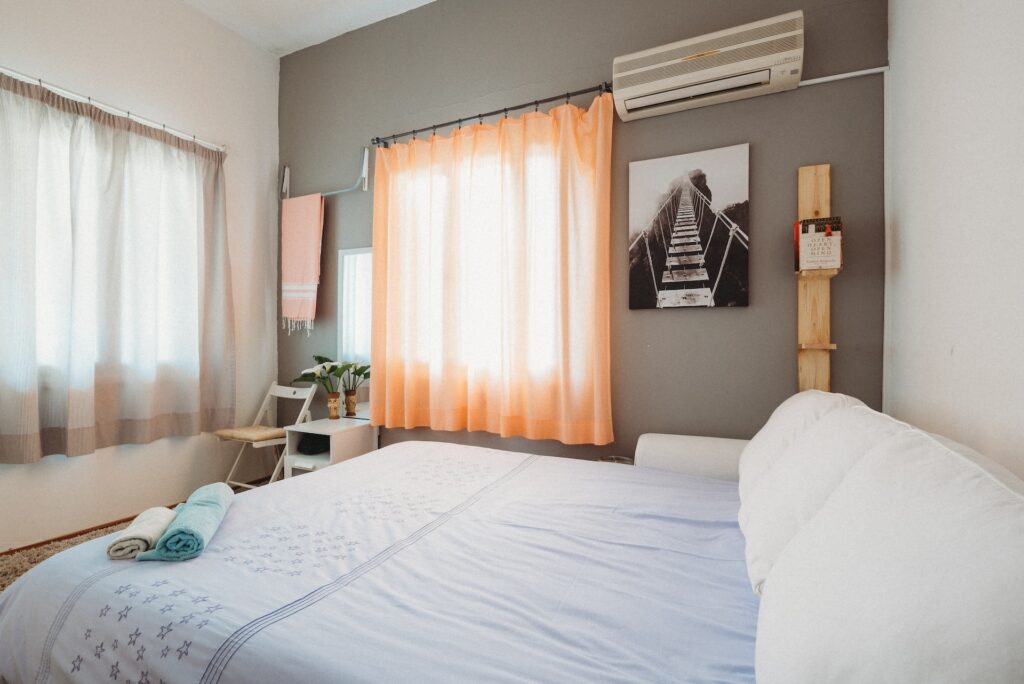The short-term rental market has burgeoned into a significant segment within the real estate industry, offering a lucrative avenue for investors keen on leveraging the growing demand for flexible and temporary lodging solutions.
Thank you for reading this post, don't forget to subscribe!The allure of the short-term rental market lies in its rapid expansion and adaptability. The market's valuation, projected to reach $228.9 billion by 2030, underscores its significant growth trajectory, fueled by rising real estate prices, technological advancements, and emerging markets' demand. This growth presents a compelling case for investors looking to tap into the short-term rental space, offering a cost-effective alternative to traditional long-term investments.
Understanding the legal stay limits of short-term rentals is crucial for compliance and maximizing investment returns. Short-term rentals, typically defined by stays shorter than 30 days, vary significantly across states and jurisdictions.
Navigating the regulatory environment is essential for short-term rental investors. State laws dictate the maximum duration a guest can stay before a rental is considered long-term, affecting tax implications, licensing requirements, and legal obligations. These regulations are designed to balance the benefits of short-term rentals with the needs of local communities, ensuring fair competition, safety standards, and neighborhood harmony.

How Do Short-Term Rentals Work?
Short-term rentals refer to furnished properties rented out for short periods, typically less than 30 days. These properties range from apartments and houses to unique accommodations like treehouses or beachfront villas.
The rise of platforms such as Airbnb and Vrbo has significantly facilitated the growth of this market, offering a convenient way for property owners to list their spaces and for travelers to find temporary lodging.
Airbnb vs. Vrbo
When discussing short-term rentals, two major platforms dominate the conversation: Airbnb and Vrbo. Both platforms serve as intermediaries between property owners and travelers, but they cater to slightly different markets and preferences.
- Airbnb has a broader inventory, including private rooms in shared houses, apartments, and unique lodgings. It's recognized for its wide range of options, catering to budget travelers as well as those looking for luxury stays.
- Vrbo, which stands for Vacation Rental By Owner, focuses primarily on whole-property rentals, appealing to families and larger groups seeking entire homes or condos.
Short-Term Properties for Sale
Investors interested in entering the short-term rental market should consider various factors when searching for properties for sale. Location is paramount; properties in high-demand tourist destinations or near major business centers tend to have higher occupancy rates.
Additionally, local regulations regarding short-term rentals can greatly affect your investment, so it's important to research and comply with local laws and zoning regulations.
Another consideration is the property's suitability for short-term rentals, including its size, amenities, and the potential for unique or desirable features that can set your listing apart. Investors should also factor in the costs associated with furnishing and maintaining the property to ensure it meets guests' expectations.
How Long is a Short-Term Rental Stay?
The definition of a short-term rental stay varies by jurisdiction but generally refers to rentals of less than 30 days. It's crucial to understand the legal framework in your area, as some regions have specific restrictions on how long guests can stay and whether the property owner must be present.
How Long Is a Short-Term Rental Stay For Each State?

In Sitka, Alaska, for instance, a property rented out for less than 14 days is considered a short-term rental, indicating a more narrow definition than the commonly understood 30-day period.
On the other hand, in Savannah, Georgia, the definition aligns with the general standard, considering rentals of an entire dwelling unit for 30 days or less as short-term. This definition is distinct from a bed and breakfast homestay, which is classified differently.
These regulations can include zoning codes, licensing requirements, and restrictions on the number of licenses issued within a jurisdiction. For instance, Santa Monica, California, has implemented a home-sharing ordinance that allows residents to share their homes, provided they obtain the necessary permits and licenses, effectively banning un-hosted short-term rentals of 30 days or less.
In some areas, short-term rentals face outright prohibition in residential zones, as is the case in Irvine, California, illustrating the range of regulatory approaches taken by different cities and counties.
Given this diversity in regulations, it's essential for anyone interested in the short-term rental market to conduct thorough research or consult with local authorities to ensure compliance with all relevant laws and ordinances. This due diligence is vital for operating legally, avoiding penalties, and contributing positively to the community and the local economy.
Start Your Short-Term Rental Business With The Short Term Shop
Short-term rentals offer a lucrative opportunity for investors willing to navigate the complexities of the market. By understanding the differences between platforms like Airbnb and Vrbo, identifying the right properties for sale, and complying with local regulations regarding rental durations, investors can position themselves for success. Are you an investor looking to get into the short-term rental business? Do you need more information about how long your guest can stay on your property in your jurisdiction? Speak with a consultant at The Short Term Shop. We help investors buy, sell, and manage their short-term rental investments. Begin your investment journey with The Short Term Shop today.
What is the shortest time you can rent a property?
The shortest time you can rent a property classified as a short-term rental is determined by local jurisdiction laws. While specific minimum durations aren't uniformly set across all areas, properties are generally available for rent for periods as short as a single night, up to less than 30 consecutive days, depending on local regulations.
What are short-term rental services?
Short-term rental services are platforms that connect property owners with guests looking for temporary lodging. The most well-known services include Airbnb and Vrbo, among others. These services offer various types of accommodations, from entire homes to individual rooms, catering to travelers' diverse needs and preferences.
What does Airbnb stand for?
Airbnb originally stood for "AirBed & Breakfast," reflecting its initial concept of renting out airbeds in living rooms and providing breakfast to guests. It has since evolved into a global platform offering a wide range of short-term rental accommodations.
What is considered a short-term rental in NYC?
In New York City, a short-term rental is typically defined as a rental lasting less than 30 consecutive days. However, NYC has specific regulations that restrict short-term rentals in certain types of buildings unless the host is present during the stay, among other conditions. It's crucial to check local laws as they are subject to change and can have significant implications for property owners and renters alike.
What is the 90-day rule for short-term lets?
The 90-day rule refers to a regulation in some cities (like London) that limits the total number of days a property can be rented out on a short-term basis to 90 days within a calendar year. This rule is designed to ensure that properties are not used exclusively for short-term rentals, potentially impacting local housing markets. While this rule is specific to certain locations, it's indicative of the type of regulations that can apply to short-term rentals in various jurisdictions.
